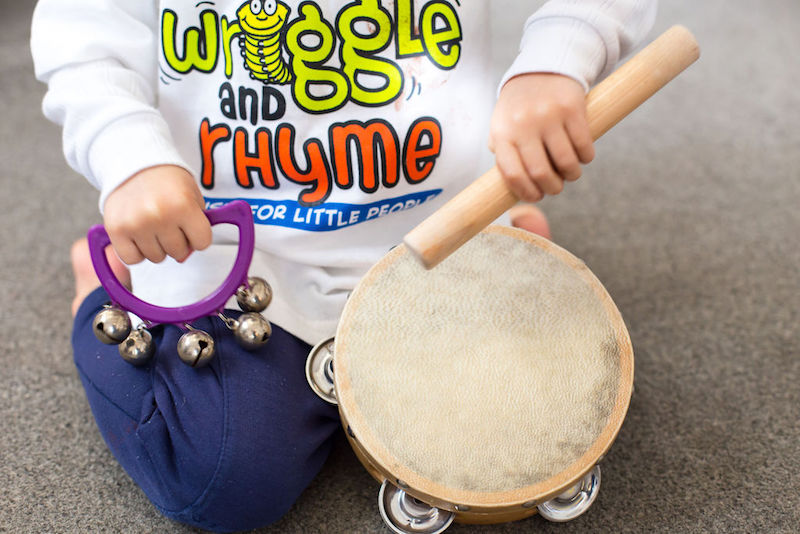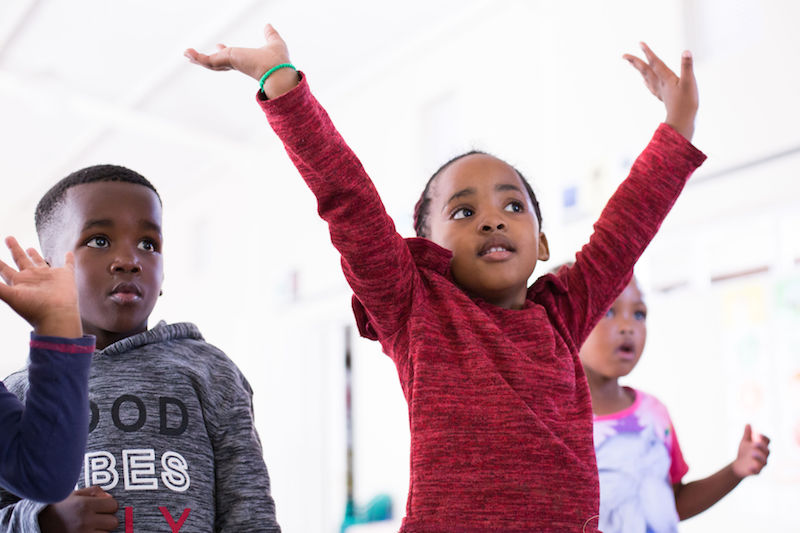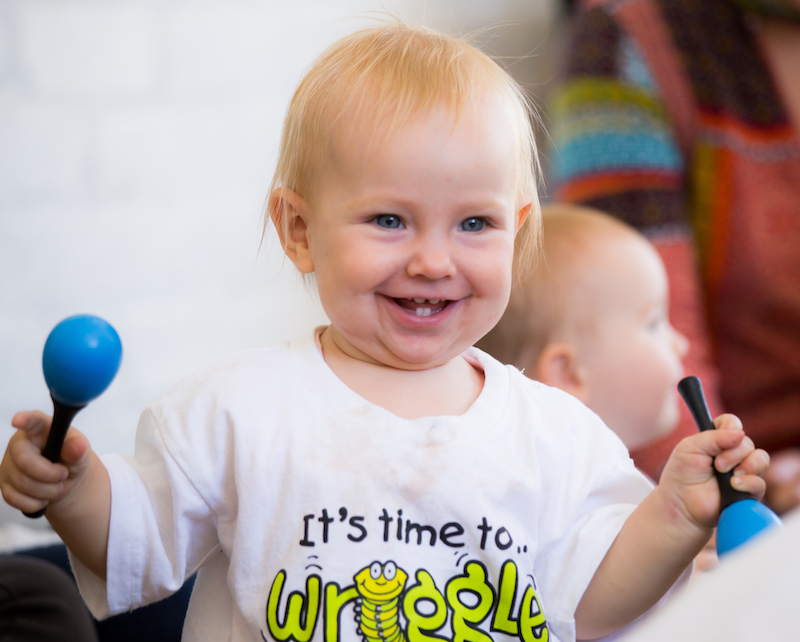Have you ever heard a song and it has brought back a memory?
That memory may include the place where you heard the song, what you were doing at the time, how you felt and sometimes even a sensory trigger, like the memory of a certain taste or smell.
The effect is so profound that a heart-warming movement called “Music and Memory” creates personalised playlists for residents with dementia in nursing homes. Apparently, the response is incredible! Eyes light up and bodies start to move with the rhythm, as the music awakens memories of forgotten lives.
All this from a piece of music! So why does music impact memory so profoundly?
Neuroscientists have analysed the brain mechanisms related to memory, finding that words set to music are the easiest to remember. We can all relate to that – just try and remember anything set to a tune and your powers of recall will be stronger!
Apparently, the hippocampus and the frontal cortex are two large areas in the brain associated with memory and they take in a great deal of information every minute. But, we all know from experience, that retrieving all that information is not always easy.

However, the structure of a song helps us to remember, because it provides a rhythm, rhyme and sometimes alliteration, which helps to unlock that information with cues. The cues can also include things like the melody, emotions or images that the song lyrics evoke.
Neuroscientists are constantly discovering more and more about how music affects memory.
A 2009 study done by cognitive neuroscientist Dr. Petr Janata at the University of California, found a potential explanation for the link between music and memory by mapping the brain activity of a group of subjects while they listened to music.
Dr. Janata found that songs linked to strong emotions and memories corresponded with fMRI images that had greater activity in the upper part of the pre-frontal cortex, which sits right behind the forehead. This suggests that this area of the brain, which is also responsible for supporting and retrieving long-term memories, acts as a “hub” that links together music, emotions, and memories.
The soundtrack of our lives …
Janata explains that listening to a piece of familiar music “serves as a soundtrack for a mental movie that starts playing in our head,” calling back memories of a particular person or place.
What about music in the brains of children?
Over the past 14 years of using music as a catalyst for learning at our Wriggle and Rhyme music classes, we’ve seen, first hand, how music-based activities affect children’s brains.

The responsibility to fill children’s brains with positive, learning experiences is not one that we take lightly. We recognize that because our programs are set to music, we are building memories that may last a lifetime.
Music education is therefore both a privilege and an exquisite burden!
Whether you’re a parent, caregiver or educator, bear that in mind! When it comes to music, everything that you expose your child/ren to needs to be done intentionally, with purpose. You could be impacting your child’s memory for the rest of their lives!
So, can I encourage you to build musical memories that evoke rich, joyful experiences for years to come?

Because, when it comes to memory, we need to take note of the role of music!
Musical resources
Wriggle and Rhyme has a range of musical stories which you can access on your favourite streaming service (Apple music, Spotify, iTunes, etc.) or take a look at www.wriggleandrhyme.co.za/our-music .
We also have fun, musical episodes on our YOUTUBE channel “Wriggle & Rhyme SA”.
Our baby and toddler music classes are available in Cape Town – RONDEBOSCH, CLAREMONT, MELKBOSSTRAND and MEADOWRIDGE.
Our pre-school music classes take place at partner pre-schools across the Mother City.
- It’s the most wonderful time of the year! - December 3, 2025
- 17 Years of Singing, Shaking & Smiling – A Momtrepreneur’s Musical Milestone! - October 6, 2025
- The surprising secret to building brains: it starts with a song! - August 21, 2025





